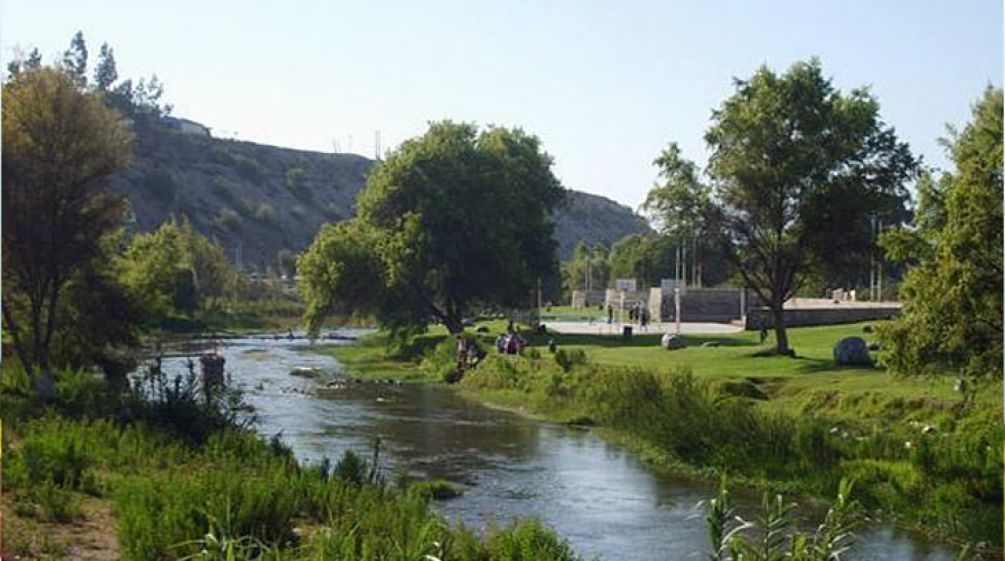Mega-mining project stopped in Chile
 The fertile Huasco valley is saved (photo: vallenar.mundoanuncio.cl)
The fertile Huasco valley is saved (photo: vallenar.mundoanuncio.cl)
May 4, 2012
David beat Goliath – and in Chile the indigenous peasant's community Diaguita Los Huascoaltinos has successfully prevented the contamination of their soils and waters by mining corporation Goldcorp. The Supreme Court's decision to stop mining plans strengthens the minority and environmental rights in Chile.
David beat Goliath – and in Chile the indigenous peasant's community Diaguita Los Huascoaltinos has successfully prevented the contamination of their soils and waters by mining corporation Goldcorp.
On Friday, 27th April 2012, the Supreme Court in Chile confirmed a verdict against the operators of the mega-mining project El Morro. Precedingly, in February the regional court of the north Chilean city Antofagasta rejected the Canadian company's plans. Goldcorp was envisaging the extraction of gold and copper in a gigantic mine at the fringes of the Atacama desert. El Morro would have been one of the biggest mining projects in the entire country.
The courts objected to the project's deficient environmental report as well as to the disregard of national minority rights. The area where Goldcorp intends to dig for raw materials on a grand scale is the homeland of the indigenous peasant's community Diaguita Los Huascoaltinos. For centuries more than 250 local families have successfully cultivated the barren land alongside the Atacama desert. Desperately dependent on the few local water sources they filed a suit against El Morro.
Indigenous have a right to be consulted
As Chile has ratified the international ILO 169 convention on indigenous rights, companies have to consult the traditional inhabitants before planning economic projects affecting their territory. However, Goldcorp presented the peasant community with a fait accompli. On that account the Supreme Court has now decided that not only national environmental standards were violated by the Canadian company, but also the indigenous right to be consulted.
The cooperative Diaguita Los Huascoaltinos holds official land titels. Farming based in the fertile and cultivated Huasco valley sustains the people here. Opencast mining of gold and copper would use up immense quantities of water while polluting the local soils with poisonous chemicals.
The Supreme Court's decision strengthens the minority and environmental rights in Chile.










